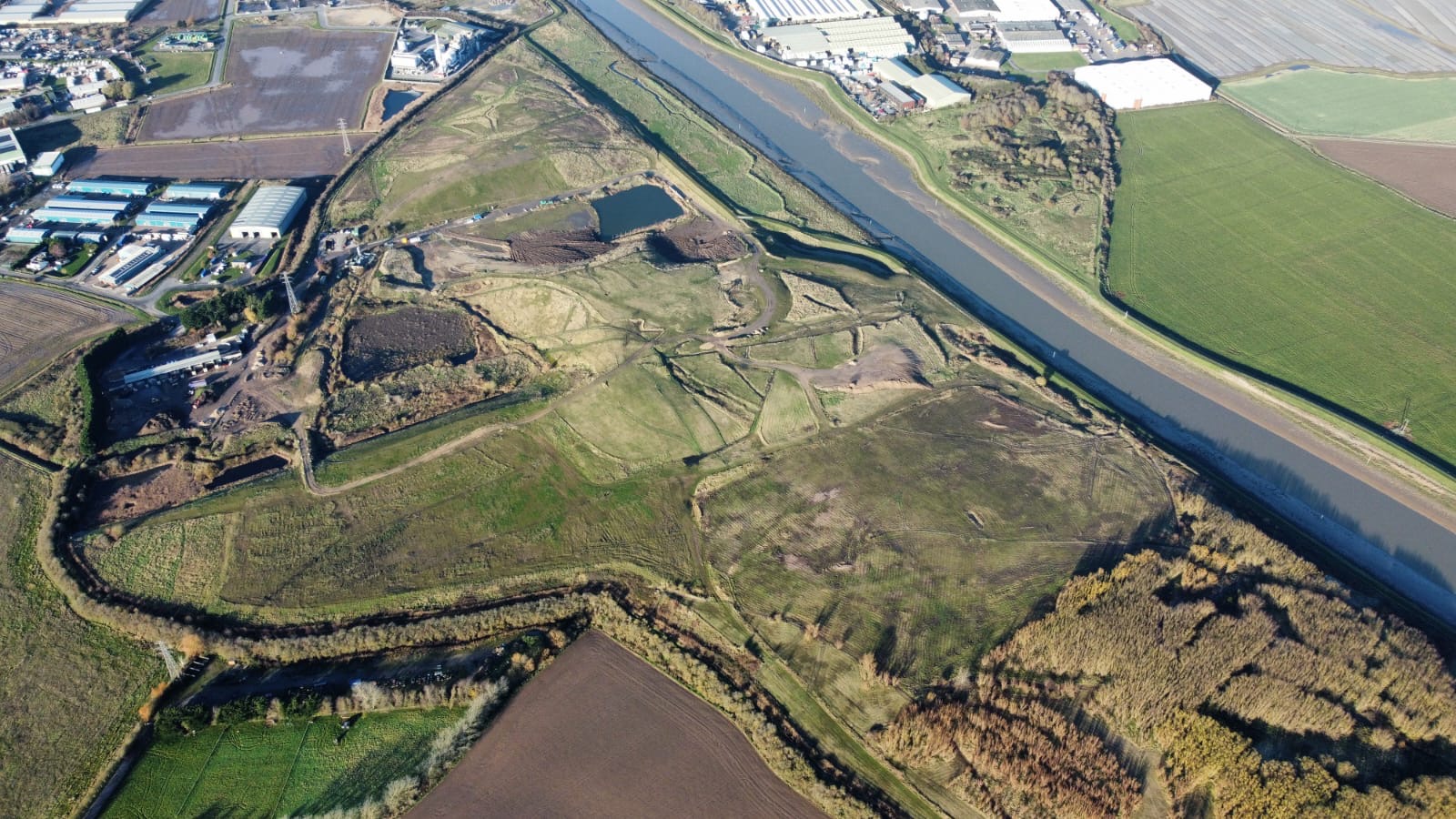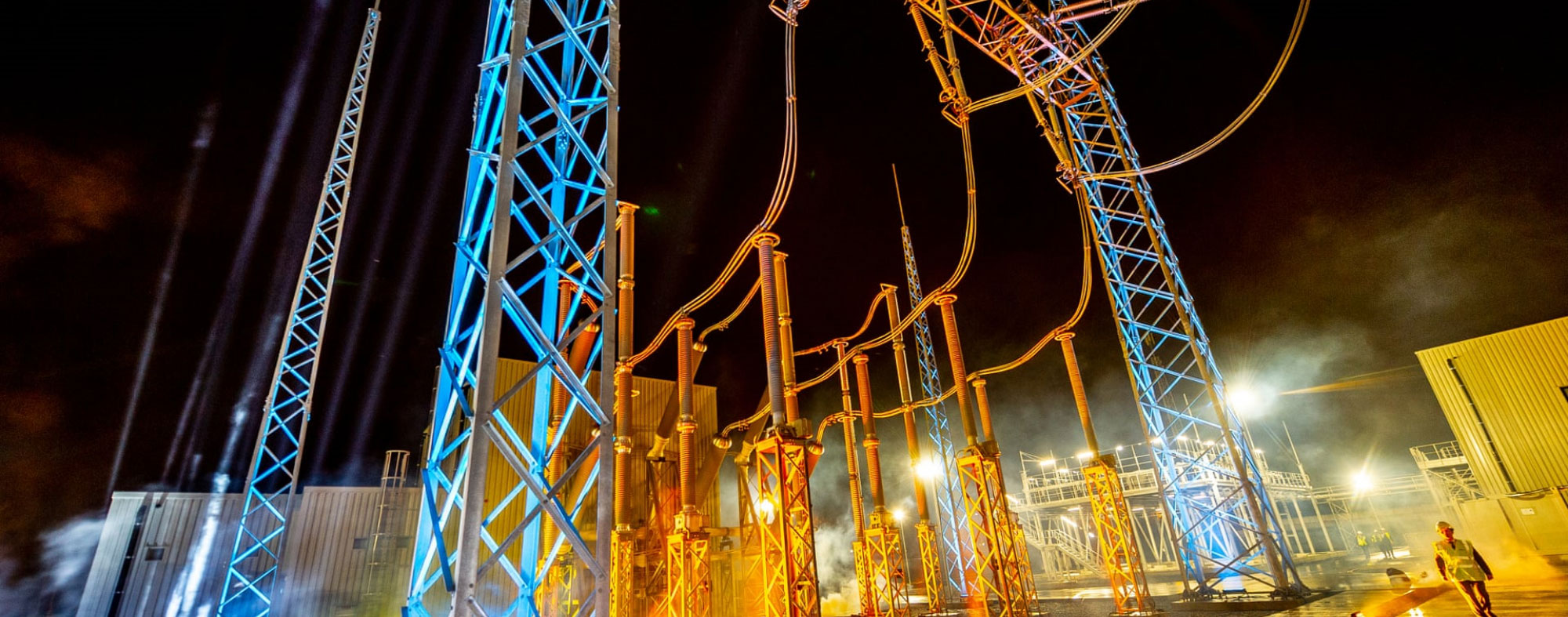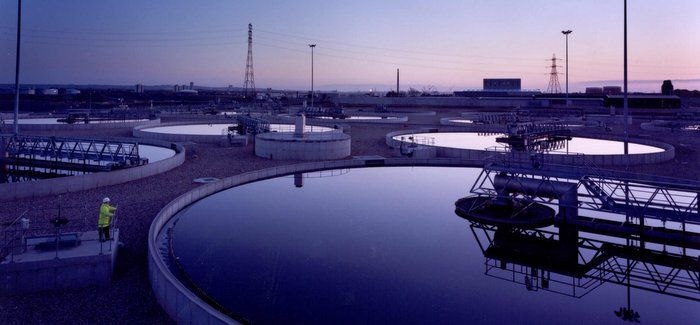What does the ongoing pandemic mean for job applicants in energy and utilities?
The face of recruitment in the energy and utilities sector is different than it was before the pandemic hit 18 months ago. If you’re currently looking for a role, or considering looking for one, you may be wondering what that means for you.
We interviewed key industry contacts at some of the organisations that collaborate to deliver Energy & Utilities Jobs, and five key themes emerged:
Be prepared for both interviews and assessment centres to be online
“At Thames Water we have revolutionised our assessment centre process since the pandemic started, moving our in-depth face-to-face sessions to being fully online,” says Rebecca Taylor, Resourcing Manager at Thames Water. “This has had huge success, with great feedback from both candidates and hiring managers and has resulted in us bringing some fantastic talent into our business. I hope this would reassure any candidates that may feel apprehensive about attending an assessment centre in an online format.”
The speed of this online process means things can change quickly and it’s vital for candidates to be considerate of their potential employer and fellow candidates. “Now, more than ever, the job market is tough for candidates,” says Lesley Callaghan, Head of HR at FCC Environment, “so if you are selected for interview please ensure you attend. Or if you have changed your mind or are no longer able to attend, you should always let the potential employer know. It causes real resource issues for the Hiring Managers and your interview/assessment slot could have been given to another candidate who was next in line, as spaces are always limited. It is good to remember that the candidate could be you who didn’t get the opportunity!”
Flexible working patterns continue to be implemented
Many of the roles in the energy and utilities sector that have been classified as key workers during the pandemic cannot be done remotely and have continued to happen in person, on site, as before. However, there are a large number of roles in the sector which used to be primarily office based that can now be done remotely – either from home or elsewhere. Many companies are implementing more flexible working patterns than ever before with plenty of staff being offered the opportunity to work from home (or a blended approach to home and office working) on a permanent basis.
Hayley Mowbray, Recruitment & Onboarding at SGN, agrees: “Over the last year we’ve seen radical transformation in not only our business, but the entire world of work. I’m proud of the stability we have had and the continuing efforts of our hiring managers to bring the best talent on board – even at times of unexpected remote working and reliance on technology. Whilst there have been various challenges in the job market recently, I believe the world of recruitment is at an exciting stage of its evolution. Many employers will continue to move towards an online world that embraces flexibility and pays increased attention the importance of work life balance, and the candidate market has been ready for that for a while.”
You can expect any company you join to be busy
“The last year has been an incredibly busy time for Cadent both from a transformation and talent acquisition perspective,” says Louise Askey, Recruitment & Workforce Planning Manager at Cadent Gas. “The Talent Acquisition team have recruited circa 2,700 colleagues during a global pandemic including all of our New Talent schemes, our Field Force and Specialist hire campaigns. We’ve in-housed our onboarding processes and successfully adapted our selection processes to be virtual, enabling us to deliver a first-class Talent Acquisition service putting our customers at the heart of everything we do.”
For those looking for an apprenticeship, the energy and utilities sector is an excellent choice
Data from the Department for Education shows the number of vacancies advertised on the Government’s ‘Find an apprenticeship’ service dropped to only 2,000 during May 2020, with many sectors unable to continue with apprentice recruitment. Because of the nature of the work in the energy and utilities sector, commitment to apprentices continued. When reflecting on the past year, Michael Lewis, E.ON UK Chief Executive and Chair of the Energy & Utilities Skills Partnership, said: “Our people were designated key workers and took great pride in keeping the country supplied with clean water, gas and power and managing our waste. Our recruitment teams had to learn how to recruit essential workers virtually to ensure the safe operation of our utilities infrastructure and as a sector, 33 of the major employers stated their commitment to maintaining their apprenticeship programmes in the midst of the pandemic.” Encouragingly, the ‘Find an apprenticeship’ vacancies figure for June 2021 (the latest figure available) is just short of 19,000[1], showing a major recovery in apprenticeships across the UK.
You can be a part of the Green revolution – at apprentice, graduate or professional level
Of the points in the Government’s ‘Ten Point Plan for a Green Industrial Revolution’, the energy and utilities sector has responsibility (either wholly or in part) for half of them. The sector must lead the way to reaching Net Zero carbon targets, but we won’t reach the targets set without the right people, in the right place, with the right skills. There are 277,000 predicted vacancies in our sector alone which need to be filled by 2029 and this will only increase with the growing need for green jobs. In the past twelve months, over 147,000 green jobs vacancies were advertised across all sectors in the UK[2], compared with just under 119,000 jobs advertised the year before[3] – an increase of 24%, despite the restrictions of a global pandemic.

You could be looking in just the right place at just the right time. Come and work with us. Register and receive jobs alerts direct to your inbox or search for your new role today.
[1] Apprenticeships and traineeships 2020-21
[2] Source: Labour Insight (Burning Glass Technologies), 147,323 vacancies 1 July 2020–30 June 2021
[3] Source: Labour Insight (Burning Glass Technologies), 118,882 vacancies 1 July 2019–30 June 2020























